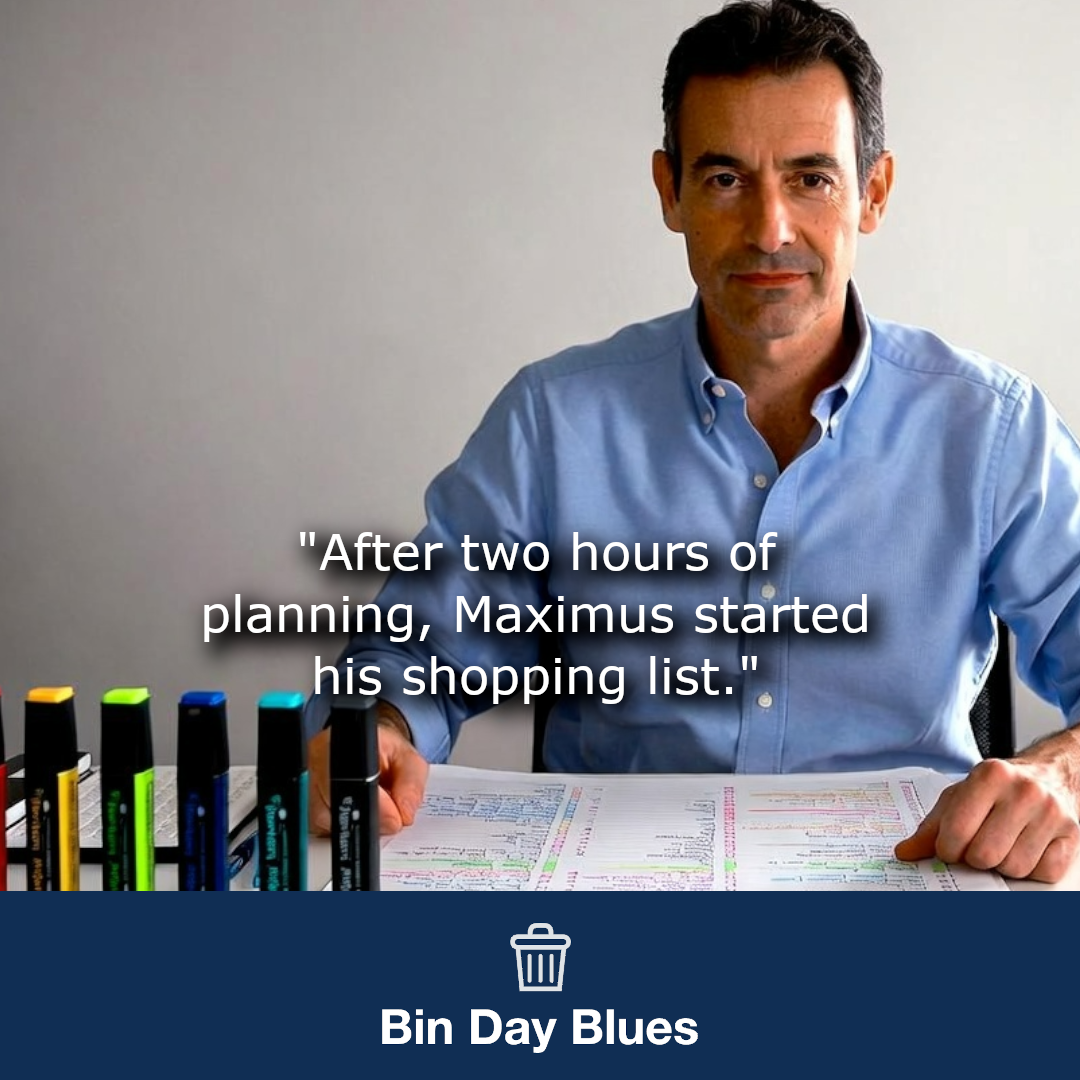Getting Shit Done
Why Getting Things Done Feels Harder Than It Should
Getting shit done has become a kind of cultural shorthand for competence, drive, and reliability. In a world that constantly demands output, progress, and visible achievement, the ability to follow through on tasks is often treated as a marker of character as much as skill. It isn’t simply about ticking items off a list; it’s about shaping our own circumstances rather than being shaped by them. When people manage to move things forward—whether large or small—they experience a sense of agency and momentum that feeds into confidence, stability, and even their personal identity. Getting things done quietly reinforces the belief that life is, at least in part, steerable.
The Hidden Weight Behind Everyday Tasks
Yet people struggle with this constantly, and often for reasons that are far more tangled than simple laziness. Daily life is saturated with expectations, both internal and external, and these can easily become overwhelming. A task that appears straightforward to one person may feel impossibly heavy to another because of context that isn’t visible on the surface—stress, uncertainty, past failures, emotional fatigue, or sheer mental overload. Modern environments also bombard us with noise: notifications, messages, shifting priorities, and the uneasy sense that someone, somewhere, is doing more and doing it better. All of this creates friction, and friction quietly erodes focus.
There’s also the uncomfortable truth that some tasks carry emotional stakes. Doing them forces people to confront what they fear, what they doubt, or what they might lose. In that sense, procrastination is often less about poor discipline and more about self-protection, even if it’s misplaced. The struggle to get shit done is therefore not a trivial quirk but a very human tug-of-war between intention and the weight of being alive.
Overcoming Friction Quietly Destroying Momentum
1. Break tasks down until they stop feeling intimidating
Many tasks remain untouched, not because they’re hard, but because they’re vague. By breaking a project into the smallest actionable pieces—so small they feel almost silly—you remove the emotional weight attached to “starting”. A task like writing a proposal becomes an open document. Write the title, and draft the first paragraph. Each micro-step reduces resistance and creates a sense of early success that carries you forward.
2. Reduce hidden friction in your environment
People often underestimate the extent to which the physical or digital environment disrupts momentum. Cluttered desks, chaotic inboxes, or constant interruptions add cognitive load. Streamlining your surroundings—clearing a small workspace, silencing notifications, preparing tools in advance—removes barriers you’d otherwise trip over before even beginning.
3. Set boundaries around your attention
Attention is a finite resource, yet most people give it away freely. Establishing boundaries—time blocks without interruptions, a rule for when you check messages, or simply telling others you’re unavailable for a short period—creates protected pockets of focus. These pockets are where real work gets done.
4. Create accountability outside your own head
Tasks become easier to start when they live somewhere other than your internal monologue. Writing them down, sharing a goal with a friend, or using a tracker externalises responsibility. It shifts the task from a personal intention to a visible commitment, making it harder to conveniently ignore.
5. Connect each task to a meaningful “why”
Many people stall because tasks feel pointless or disconnected from what matters to them. Clarifying why something is worth doing—how it protects your future, reduces stress, or supports someone you care about—gives the task emotional weight in a positive direction. Purpose generates motivation where willpower alone can’t.

